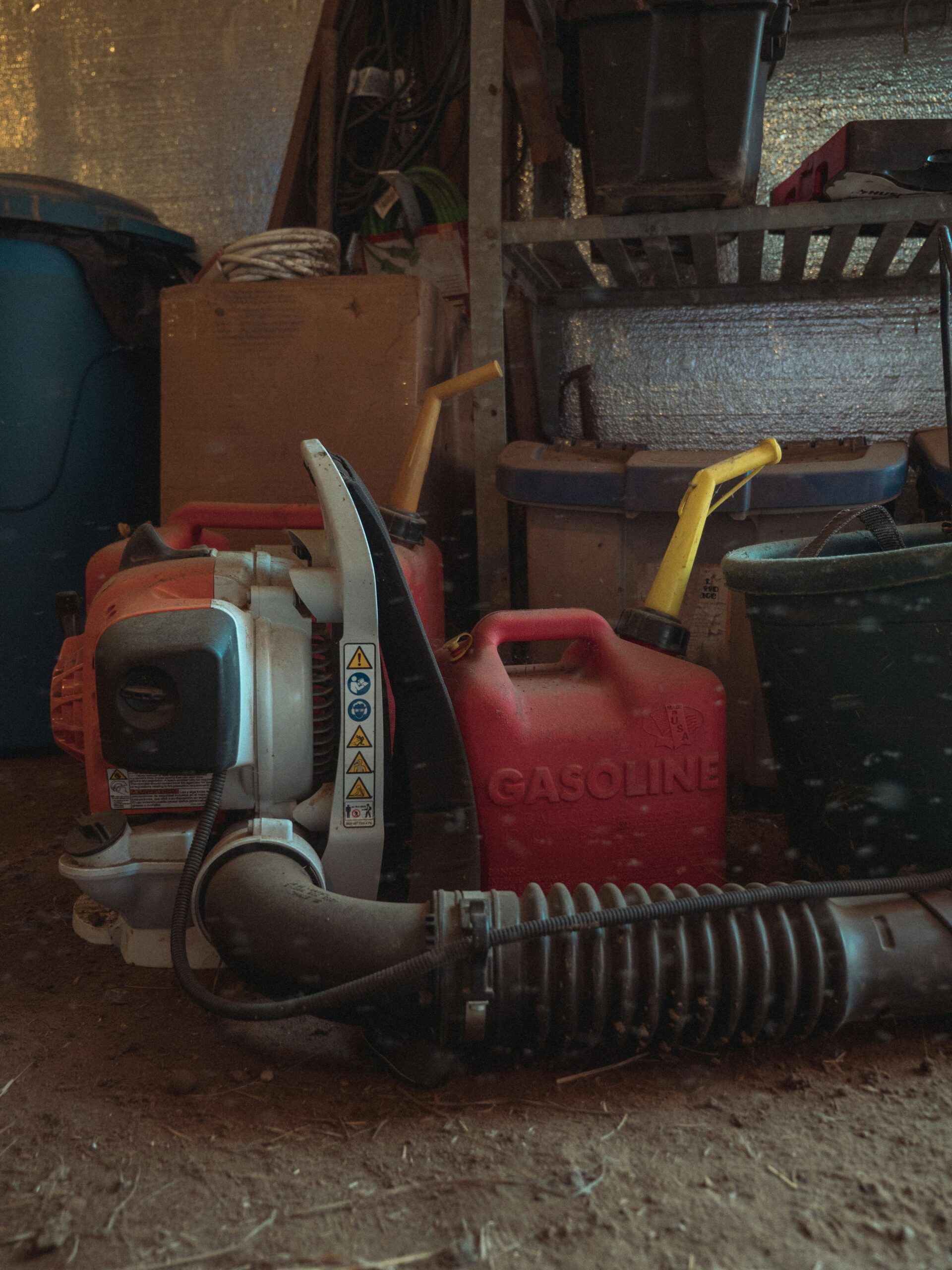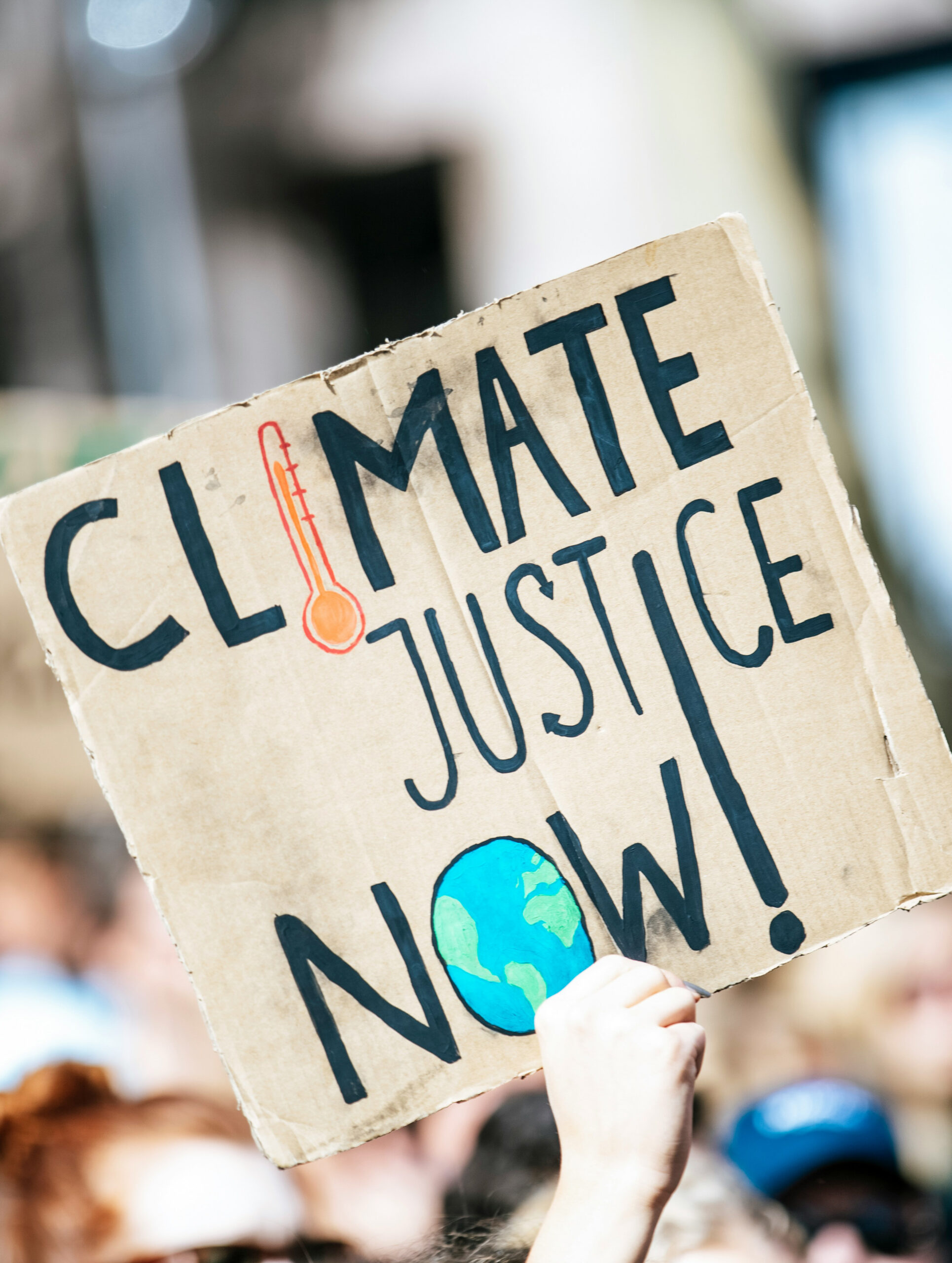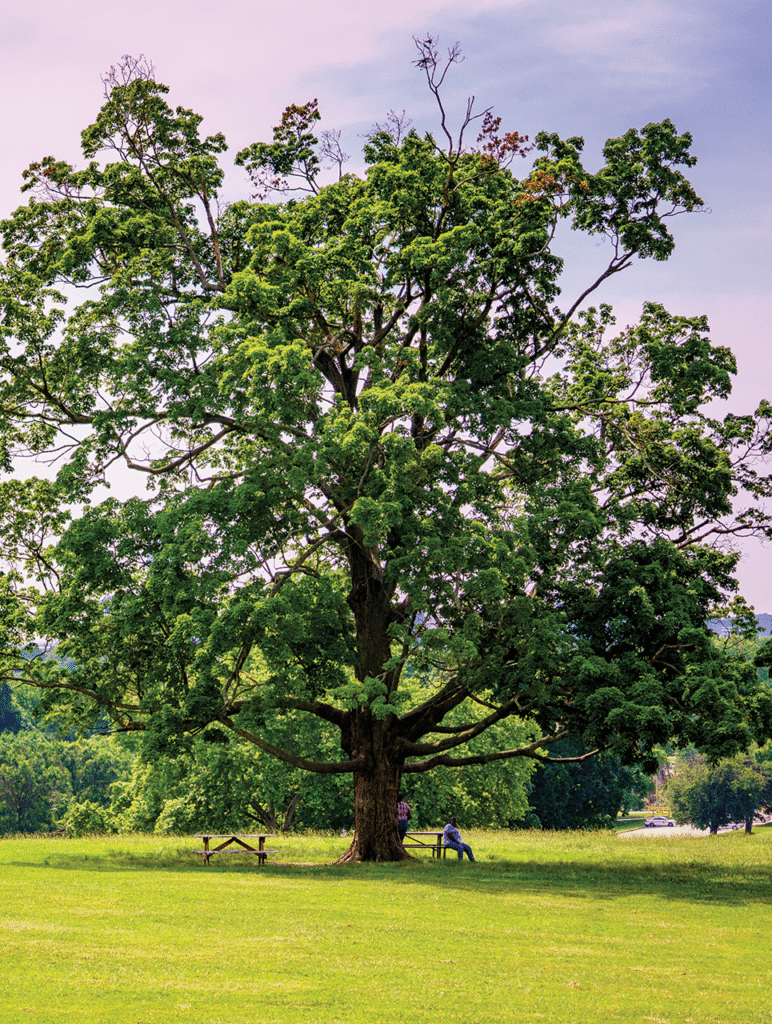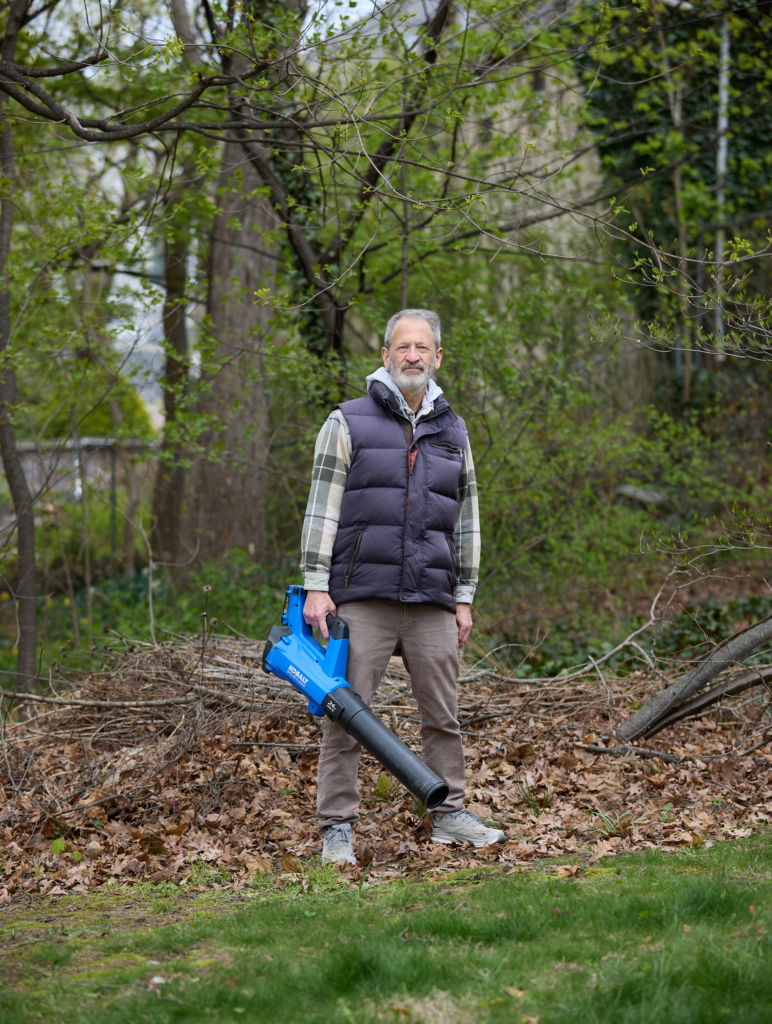Imagine the dirtiest engine legal in the United States. It’s an engine responsible for an annual 30 million tons of carbon dioxide, 21,000 tons of fine particulates and 68,000 tons of nitrogen oxides nationwide that are harmful to human health and the environment, PennEnvironment reports.
A heavy-duty truck or SUV may spring to mind, but this dirty engine actually belongs to gas-powered lawn equipment — specifically, the two-stroke gas-powered leaf blower and its relatives. (Two-stroke means it burns both gas and oil.)
One leaf blower produces the same emissions per unit time as 15 cars. Locally, this variety of lawn equipment annually emits the CO₂ equivalent of adding nearly 13,000 cars to Philadelphia’s streets, plus other harmful pollutants that contribute to the city’s rank as the fifth most challenging metropolitan area in the U.S. to live with asthma.
That’s why the volunteer group Quiet Clean Philly, alongside a coalition of environmental organizations, is pushing for Philadelphia to follow the lead of dozens of municipalities — including its sister city, Baltimore — to phase out or ban this equipment and incentivize going electric.
In addition to lobbying for a ban, Quiet Clean Philly educates residents about both the negative impacts of two-stroke leaf blowers and the battery-powered alternatives available to replace them. Cofounder Seth Lieberman has even offered his personal leaf blower to neighbors to try out. Neighborliness is another reason Quiet Clean Philly cites for making the switch to electric: aside from all the pollutants they emit, the most notable nuisance of traditional leaf blowers is that they’re extraordinarily noisy.
“A lot of what I talk about is asthma and cancer and emissions, but a lot of people really can’t stand the sound,” Lieberman says.
Councilmember Curtis Jones introduced legislation in December to ban gas-powered leaf blowers, stating, “The City of Philadelphia finds the use of gasoline-powered leaf blowers impairs the health, social welfare, and quality of life of persons residing and working in Philadelphia, and also adversely impacts the environment.” The proposed ban comes as City workers use leaf blowers to wrangle garbage in Philly streets as part of Mayor Cherelle Parker’s Clean and Green Initiatives.
To demonstrate alternatives, PennEnvironment set up tents outside City Hall on April 1 and showcased electric equipment’s comparative effectiveness and lower volume.
“A lot of people, when they think of electric equipment, think of a plug-in leaf blower they had in the early 2000s or something like that, and they don’t necessarily realize how far the equipment has come in just the past few years,” says Ellie Kerns, PennEnvironment climate and clean energy advocate. “Generally, the consensus was that people were really impressed by the equipment and just how powerful it was.”
The City Hall demo was supported by Councilmember Jamie Gauthier, chair of the Committee on the Environment, who said in a statement that Councilmember Jones has her “full support.” The legislation has been referred to the Committee on Public Safety.
“Imagine if we just decide to live with each other and live on the Earth in a way that really sees the sacred in our next-door neighbor, in our little patch of land we have, in the trees,” Lieberman says. “It’s not just, ‘Let’s get rid of these horrible machines.’ It’s really more affirmatively, ‘How do we build a sense of really seeing that sacred in each other, in the community and seeing these little patches of land we have as earth?’ It’s not from us. We have to care for it, and in the city, that’s hard to do.”









